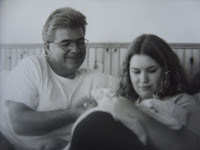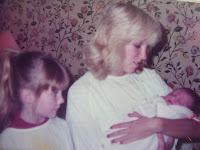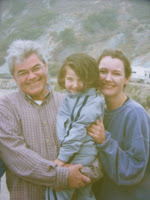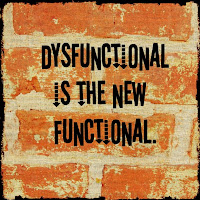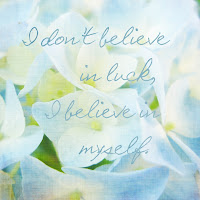 My journey has been long and is far from over. I had no clue what I was getting into the day I was born. I am thankful that out of all the families, I landed in mine. They have shaped and molded me into the dysfunctional adult I am. How boring my adventure would have been without them. Each family member has contributed to my life in some valuable way.
My journey has been long and is far from over. I had no clue what I was getting into the day I was born. I am thankful that out of all the families, I landed in mine. They have shaped and molded me into the dysfunctional adult I am. How boring my adventure would have been without them. Each family member has contributed to my life in some valuable way.Family can enlighten you, guide you and ground you. They will instruct you, nurture you and improve you. Let them! Each generation is connected to the previous one. Every decision you make today can leave a lasting impact on those you may never know. Your family is the key that unlocks the past and opens the gate to the future.
If you are fortunate enough to have a family, even a dysfunctional one, cherish it! It will be the most valuable gift you can give yourself. Each member will teach you something unique. They may bring out your good qualities, they may enhance your bad, but you will learn from them. Our families have an uncanny ability to expose our weaknesses. This forces us out of denial and towards change. A few influential family members can teach you in a short period of time what some search for their whole lives. Savor the education!
There have been many times when I was not willing to learn, but life is persistent and will continue to teach even the thick-skulled. My family is responsible for teaching me the lessons, and now it’s my turn to try and master them. I have a long road ahead of me, but I’m in the best of company.
Thank-You for following me this last year. I have plenty more to write about but for now I am taking off the "blogging" hat. I appreciate all the support, especially from my family who so graciously allowed me to write about them.






